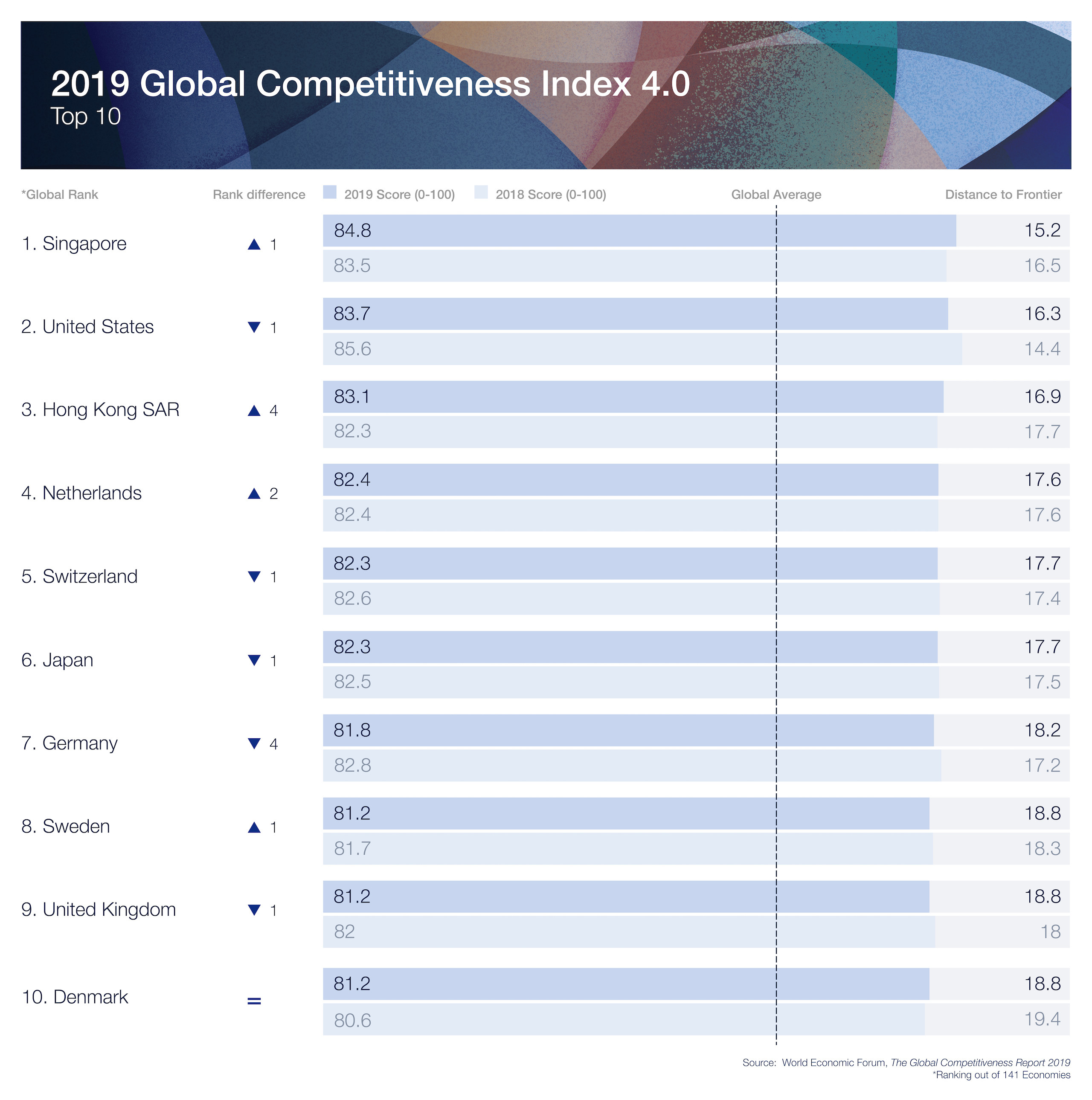Written by Emma Charlton, Senior Writer, Formative Content
Three-quarters of American companies say they have difficulty recruiting the right people, with critical thinking among the top requirements, according to the Society for Human Resource Management. That begs the question: can these 'soft skills' be taught.
“It’s time to reject the notion that critical thinking is either an innate gift that can’t be developed or a skill learned only through experience,” says Matt Plummer, founder of online coaching company Zarvana.
“You can help your team members develop one of today’s most in-demand skills.”
Have you read?
- The secrets of the world's most competitive economies
- These are the world's 10 most competitive economies in 2019
- How do you measure competitiveness?
Zarvana has published a Critical Thinking Roadmap to help employers guide their employees. It says the way to be a better critical thinker comes through these four phases: execute, synthesize, recommend, and generate.
The execute phase is when people are converting instructions into action.
“Once team members are making suggestions for how to improve their work, you know they’re ready for the next phase,” the Roadmap says.

Wanted: soft skills.
Image: Society for Human Resource Management
The second phase is synthesize, in which team members sort through information and figure out what is important – summarizing key takeaways from a meeting, for example. The third, recommend, is reached when employees move from identifying what is important to determining what should be done, even if their recommendations don’t align with the employer’s opinion.
Finally, the fourth phase focuses on generating, and team members are required to create something out of nothing.
“In this phase, they become adept at translating the vision in others’ heads – and their own – into projects that can be executed,” Zarvana says. Brainstorming and keeping lists of ideas to share are key at this level.
What do we mean by ‘competitiveness’?
What is economic competitiveness? The World Economic Forum, which has been measuring countries' competitiveness since 1979, defines it as: “the set of institutions, policies and factors that determine the level of productivity of a country." Other definitions exist, but all generally include the word “productivity”.

The Global Competitiveness Report is a tool to help governments, the private sector, and civil society work together to boost productivity and generate prosperity. Comparative analysis between countries allows leaders to gauge areas that need strengthening and build a coordinated response. It also helps identify best practices around the world.
The Global Competitive Index forms the basis of the report. It measures performance according to 114 indicators that influence a nation’s productivity. The latest edition covered 141 economies, accounting for over 98% of the world’s GDP.
Countries’ scores are based primarily on quantitative findings from internationally recognized agencies such as the International Monetary Fund and World Health Organization, with the addition of qualitative assessments from economic and social specialists and senior corporate executives.
Developing critical thinking is becoming more important as policy-makers around the world grapple to equip their citizens with the right education.
The World Economic Forum report The Future of Jobs identifies analytical thinking and creativity as two of the main skills that will be in demand in 2022.
And in The Global Competitiveness Report. the World Economic Forum looks at the teaching of critical thinking as one element to assess how ready a country is for the future of work.
The report poses the question: “In your country, how do you assess the style of teaching?” and asks respondents to grade their response from 1, which is teacher-based and focused on memorizing, through to 7 for encouraging creative and critical individual thinking. Finland comes top, with a score of 5.6 out of 7.

The list of most valued skills has changed
Image: Future of Jobs Report 2018





